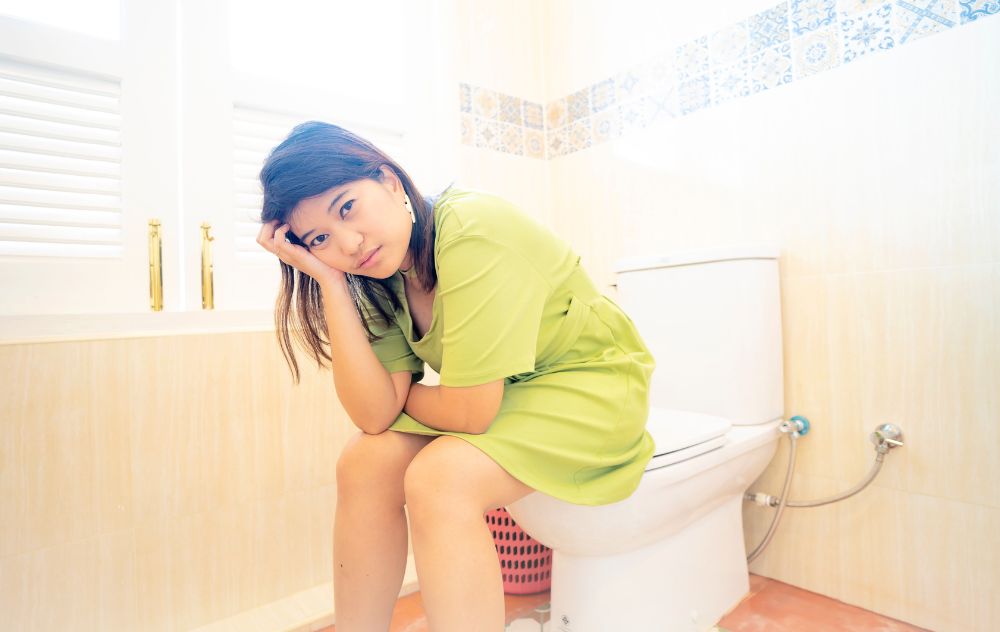
If you’ve been asking, “What causes frequent urination in women?” it’s a valid concern, specifically when the urge to go becomes sudden, persistent, or difficult to manage. Frequent urination can disrupt daily activities, affect sleep quality, and sometimes signal an underlying health issue. Do you feel like you are constantly rushing to the bathroom? Understanding what’s driving these changes is an important step toward finding relief and improving your overall well-being.
What Is Considered Frequent Urination for Females?
Frequent urination means needing to urinate more than eight times in a 24-hour period, or waking up more than once a night to go to the bathroom. While the frequency can vary based on hydration levels and activity, a noticeable increase that disrupts daily life or sleep may be indicative of a health condition
Causes of Frequent Urination in Women
For women wondering “why am I peeing so much all of the sudden?”, there are several possible explanations:
Women who are experiencing frequent sudden urination may wonder what causes this uncomfortable condition.
Some of the most common causes for women who experience frequent urination include:
- Consuming several beverages – Sometimes sudden urges in the middle of the night can be tied to beverage consumption too close to bedtime.
- Diuretics – These can include medications, food, alcohol, caffeine and caffeinated drinks. Note that several common blood pressure medications are also well-known diuretics.
- Stress and anxiety – Chronic stress and anxiety can impact the need to urinate.
More Serious Causes of Frequent Urination
- Infection – Urinary tract infections (UTI) and vaginosis are both infections that can cause an increased need to urinate. Vaginosis, in particular, also causes irritation and itching.
- Uterine fibroids – The size and location of fibroids can impact bladder function.
- Diabetes – When your blood sugar is too high your body will respond by trying to eliminate the excess glucose through urine. This results in excessive thirst and the need to urinate often. Both are symptoms of diabetes.
Pregnancy and Hormone Factors
An early sign of pregnancy is the sudden urge to urinate. Also, after giving birth, weakened pelvic muscles can cause pelvic floor dysfunction which can impact the bladder.
When Should I Worry About Frequent Urination?
If your frequent urination is accompanied by any of the following, it’s time to consult a healthcare provider:
-
Pain or burning during urination
-
Blood in urine
-
Fever or chills
-
Unintentional weight loss
-
Incontinence or leakage
-
Pelvic pain or pressure
These symptoms could indicate an infection, a more serious health condition, or in some cases, something you may not have considered—like uterine fibroids.
Can Fibroids Cause Frequent Urination?
One lesser-known but very real cause of frequent urination in women is uterine fibroids. Uterine fibroids are non-cancerous growths that develop in or on the uterus, and they’re more common than many people realize. When fibroids grow large or form near the bladder, they can create pressure that leads to frequent urination or a constant urge to go.
Since the bladder is positioned directly in front of the uterus, even smaller fibroids can significantly affect urinary habits—particularly when other potential causes like infection have been ruled out. Many women are unaware that fibroids could be contributing to their urinary symptoms until they undergo a proper evaluation.
More on Fibroids and Frequent Urination
Uterine Fibroids and Frequent Urination
Although fibroids are not generally considered dangerous, they can still impact fertility and surrounding organs, including the bladder and bowel.
Depending on their size and location these growths can press on the bladder causing sudden and frequent urges to urinate. There are several other symptoms.
Uterine fibroid symptoms include:
- Heavy and prolonged menstruation between or during your periods
- Anemia, which can lead to fatigue
- Pain during intercourse
- Frequent urination and abdominal pain
- Constipation and bloating
- Increased menstrual cramping
- Stomach swelling
The type, size, and location of your fibroids determine which symptoms you experience.
If you are experiencing frequent urination before your menstrual cycle, or during your period, this can be an indicator of fibroids. Uterine fibroids are often detected during a routine pelvic exam. If your doctor suspects you may have fibroids based on your symptoms and exam, they will likely order an ultrasound or MRI to determine the type, number, and location of the benign tumors.
How Fibroid Treatment Can Resolve an Overactive Bladder
If your doctor thinks that fibroids are causing your frequent urination, or overactive bladder, the next step is to consider fibroid treatment.
It’s time to explore treatment options if you have persistent pain from your fibroids or heavy, painful periods. While you can undergo fibroid removal surgery, there is another minimally invasive procedure that will decrease your fibroids and get rid of your problems. The treatment offered by USA Fibroid Centers is beneficial whether you have had fibroids for a single day or for many years.
Uterine fibroid embolization (UFE) is a non-invasive fibroid treatment that is highly successful. UFE shrinks fibroids, thus eliminating painful symptoms and reducing pressure on the bladder.
Other advantages of UFE is that because there is an outpatient procedure, there is no scarring or long recovery period. Patients leave with a bandage and recover in the comfort of their own home. UFE also retains the uterus and fertility, and We perform UFE as an outpatient procedure so you will be able to recover in the comfort of your own home.
Contact USA Fibroid Centers
If you would like to learn more about UFE, we can help. There’s no need to be tied to your bathroom any longer. If you are tired of suffering from frequent urination due to fibroids, UFE is available at USA Fibroid Clinics across the country. Schedule an initial consultation online or by phone. Call us at 855.615.2555 with any questions or visit a location near you.



